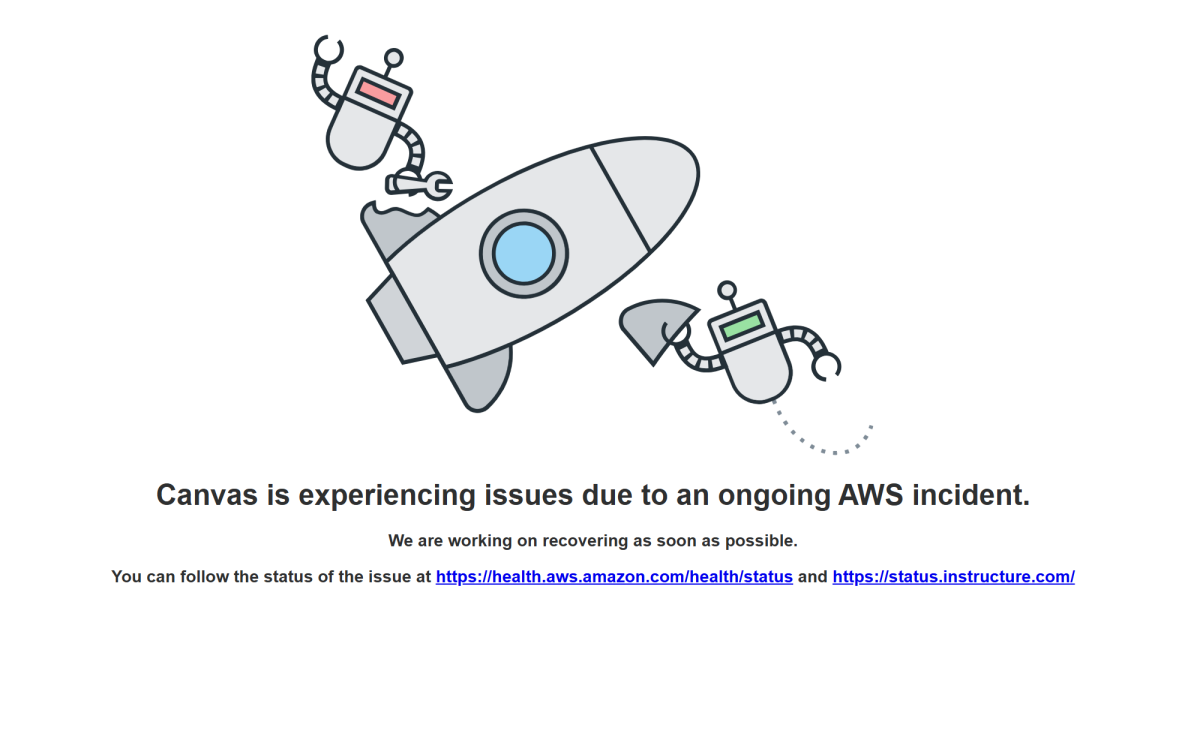Clemson administration is currently reviewing a plan that would mandate all students have health insurance. The plan, called the Hard Wavier Policy, could help students receive care at a financially stable rate and abide by the Affordable Care Act.
At the federal level, the law requires all U.S. citizens over the age of 18 to have health insurance or pay an annual penalty fee. According to HealthCare.gov, the penalty fee rose to $695 or 2.5% of a citizen’s income (whichever is higher) in 2016.
If Clemson students want to be covered and avoid the fee, they currently have the option to adopt the Clemson health insurance plan. A CUSG document titled “Understanding Hard Wavier Policy” lists the 2015-2016 premium for Clemson health insurance as $2,210. The document also noted that due to “high dollar claims, more expensive prescriptions and overall increased use of the Student Insurance,” this year’s rate rose 14.8% – an overall premium total
of $2,537.
Clemson undergraduates without insurance currently face the risk of having to pay the penalty fee in addition to having restricted medical access.
Enter, the Hard Wavier Policy.
If instated, the policy would require all undergraduate students to have health insurance. If a student remains uninsured by the time the school year starts, then the premium of Clemson health insurance would be tacked onto the student’s tuition and fees.
Students who are covered under their parent’s insurance would simply have to submit a wavier proving to the university that they are covered.
“The reality is that for U.S. residents we are already required to have insurance coverage. Even though we might disagree with that, that doesn’t change what the law is,” said Director of Student Health Services Dr. George Clay. “So really it’s not the matter of making the choice as to what’s the best decision to make in purchasing a plan in order to comply with the law.”
The “Understanding Hard Wavier Policy” document said that if more students fall under the Clemson health insurance plan, then the price of premium would decrease at an estimated 20%. The more students in the program, the lower the cost.
Several higher education institutions, including the University of North Carolina, University of Virginia and Columbia University, have already instated a hard wavier policy. Clemson’s graduate school is also “hard-waivered.”
“Graduate students have also been strongly supporting this,” said Clay. “Obviously, they would be in favor of a lower premium.”
Clemson Undergraduate Student Government also expressed support of the policy by passing a resolution two weeks ago. The resolution has now been brought to the executive leadership team for more deliberation.
“We just don’t want any student to fall through that crack,” said CUSG Human and Health Services Chairwoman Jessica Schnorr. “I just really don’t think we would be protecting the Clemson family or student body if there’s anyone that’s not protected.”
Clay said the process of the policy has been underway for a couple years and if there’s anyone who is concerned about how the wavier will affect students, it’s the administration.
“The [administration] don’t think that it is in their interest or in the student’s interest to increase the cost of attending Clemson University,” said Clay. “That’s been the concern in the past; I’m sure it’s going to continue to be a concern.”
Schnorr said that the deliberation has a long process, but she has seen little protest from the student end.
“[Over the past years] we received little opposition,” said Schnorr. “It’s just that the time is now.”
Categories:
“ClemsonCare:”Admin review CUSG resolution on mandatory undergrad health insurance
Tessa Schwarze, News Editor
September 19, 2016
0
Donate to The Tiger
Your donation will support the student journalists of Clemson University. Your contribution will allow us to purchase equipment and cover our annual website hosting costs.
More to Discover








